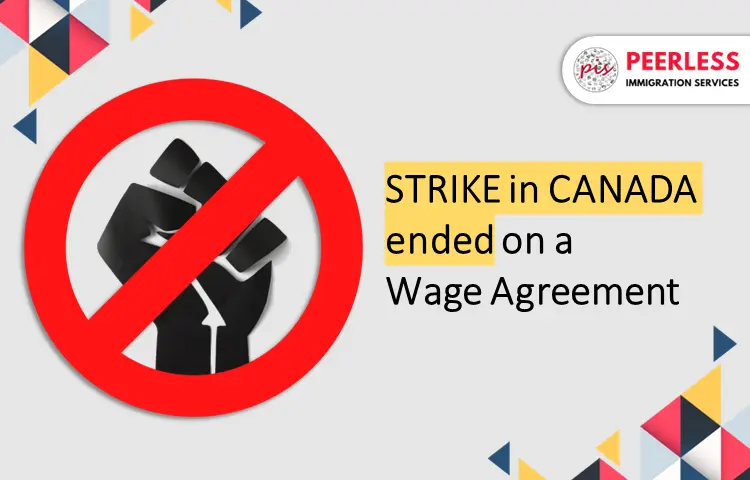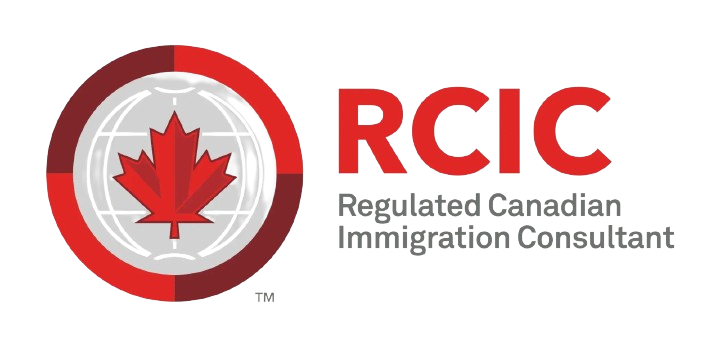
IRCC’s strike ended after Wage Deal
As workers end their strike after receiving a 12% pay rise, immigration to Canada is likely to improve.
After the government of Prime Minister Justin Trudeau agreed to pay increases of about 12% over four years, about 120,000 federal public service employees in Canada ended a strike.
About 155,000 of the nation’s public employees, or one-third of the workforce, went on strike on April 19 in support of telework flexibility and cost-of-living increases, occupying picket lines in countless cities across the nation.
Major delays in public services, such as processing passport and immigration applications, have been brought on by the labor action.
Early on Monday, the Public Service Alliance of Canada made the declaration. Employees who perform a variety of tasks, such as product inspection, administration in government agencies, and passport and visa applications, have been placed on leave since the conflict started on April 19.
The federal tax office employs about 35,000 people, and they are currently on strike because no agreement has been reached about their demand for a higher wage increase. In Canada, Monday is the deadline for submitting personal income taxes.
The main disagreement between the government and its employees was over wage demands following a recent period of high inflation, however, an effort to formalize remote work arrangements also ran into opposition.
The Treasury Board, the government employer, refused to allow work from home to be incorporated into the collective bargaining agreement, hence PSAC was unable to succeed. However, there is an agreement to deal with requests for remote work individually and in writing, which makes the government subject to the grievance procedure for employees.
According to PSAC, the union and management reached an agreement “that mandates managers to assess remote work requests individually, not by group,” and submit written justifications.
Due to the covid-19 pandemic, many workers had grown accustomed to teleworking, which was a sticking point. PSAC claimed it had obtained “significant new protections.”
The administration was concerned that allowing too much freedom for remote work might set a precedent for other industries and further harm cities already dealing with lower foot traffic than before the pandemic.
Additionally, a lump-sum payment of C$2,500 ($1,842) is available to union members.
Feel free to reach out to us for answers to your questions. You can contact our expert at +91-8595010514 or send an email to info@peerlessimmigration.com















